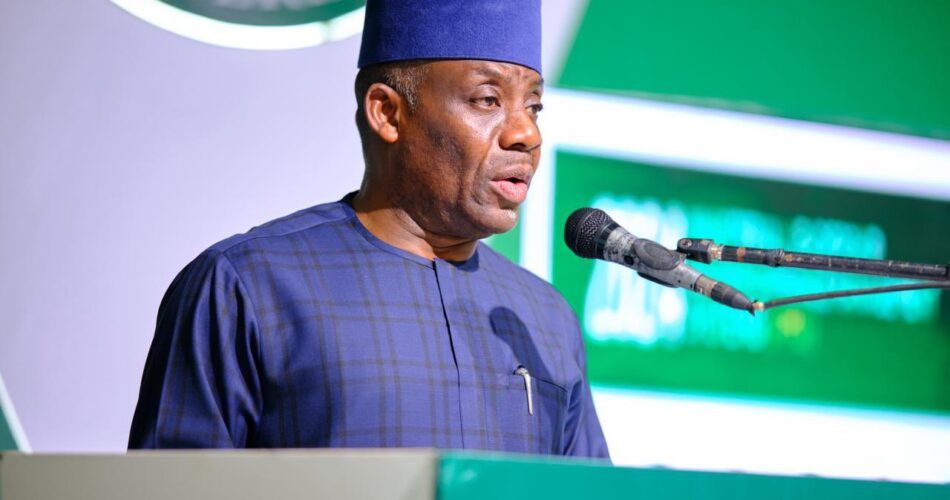
FG to Clamp Down on Unapproved Satellite Campuses in Nigeria
FG to Clamp Down on Unapproved Satellite Campuses in Nigeria
Abuja, Nigeria – June 2, 2025 — The Federal Government has declared its intention to clamp down on unapproved satellite campuses operated by universities and other tertiary institutions across the country. This move is part of a broader initiative aimed at restoring academic integrity, protecting students, and raising the standard of education in Nigeria.
Speaking at a press briefing in Abuja, the Minister of State for Education, Dr. Yusuf Tanko Sununu, stated that the government would no longer tolerate the proliferation of illegal campuses. These unauthorized institutions, he said, often operate without proper facilities, employ unqualified staff, and lack curriculum approval—leading to substandard education and disservice to students.
“All universities and institutions of higher learning must adhere strictly to the guidelines of the National Universities Commission (NUC),” Dr. Sununu emphasized. “Those operating without approval are in violation of national policy and will be sanctioned.”
He noted that the NUC has been directed to begin a comprehensive nationwide audit of all satellite campuses. The audit aims to identify unapproved locations and ensure that only accredited institutions continue to operate. Any university found to be in violation will face immediate closure of such campuses, withdrawal of licenses, or other disciplinary measures.
The crackdown also extends beyond federal universities. Polytechnics, colleges of education, and private and foreign-affiliated institutions operating illegally within Nigeria will be subject to the same regulatory scrutiny. According to the Minister, these measures are not only legal but necessary to preserve the credibility of the Nigerian certificate and safeguard the future of young Nigerians.
President Bola Ahmed Tinubu is said to be fully in support of the directive, reinforcing his administration’s commitment to educational reform. “This is a crucial step toward rebuilding our educational sector and restoring global confidence in our institutions,” said a senior official from the Ministry.
In addition, the Joint Admissions and Matriculation Board (JAMB) will partner with the NUC to prevent new student admissions into unapproved campuses. An updated list of accredited institutions and campuses will be made available to the public to guide prospective students and their families during the admission process.
Stakeholders React Positively
The announcement has been met with widespread approval from stakeholders across the education sector. The Academic Staff Union of Universities (ASUU) called it “a welcome development that has been long overdue,” and emphasized the importance of ensuring quality education delivery across all institutions.
Similarly, the National Association of Nigerian Students (NANS) lauded the move. “This decision will prevent thousands of students from falling victim to illegitimate institutions. It’s a step in the right direction,” said NANS President, Comrade Ayo Sanni.
However, some private institutions appealed for fairness in implementation. They urged the government to distinguish between campuses seeking legitimate expansion and those intentionally operating outside the law. “We agree with the directive, but it must not hinder genuine academic growth,” said a representative of the Private Universities Association.
Public Advisory and the Way Forward
To avoid falling prey to unapproved institutions, the Ministry of Education has advised students and parents to always verify the accreditation status of campuses before enrolling. Plans are underway to launch an easy-to-navigate online portal where users can confirm the legitimacy of schools and their programs.
Dr. Sununu reassured the public that the move is not intended to stifle educational access but rather to improve standards and ensure students graduate with globally respected qualifications.
“This is not a witch-hunt,” he reiterated. “It’s a corrective step to ensure that education in Nigeria meets national and international benchmarks.”
With this bold move, the Federal Government is taking a firm stance on restoring excellence to Nigeria’s higher education system. If well implemented, it could signal a turning point for thousands of students and the future of tertiary education in the country.
